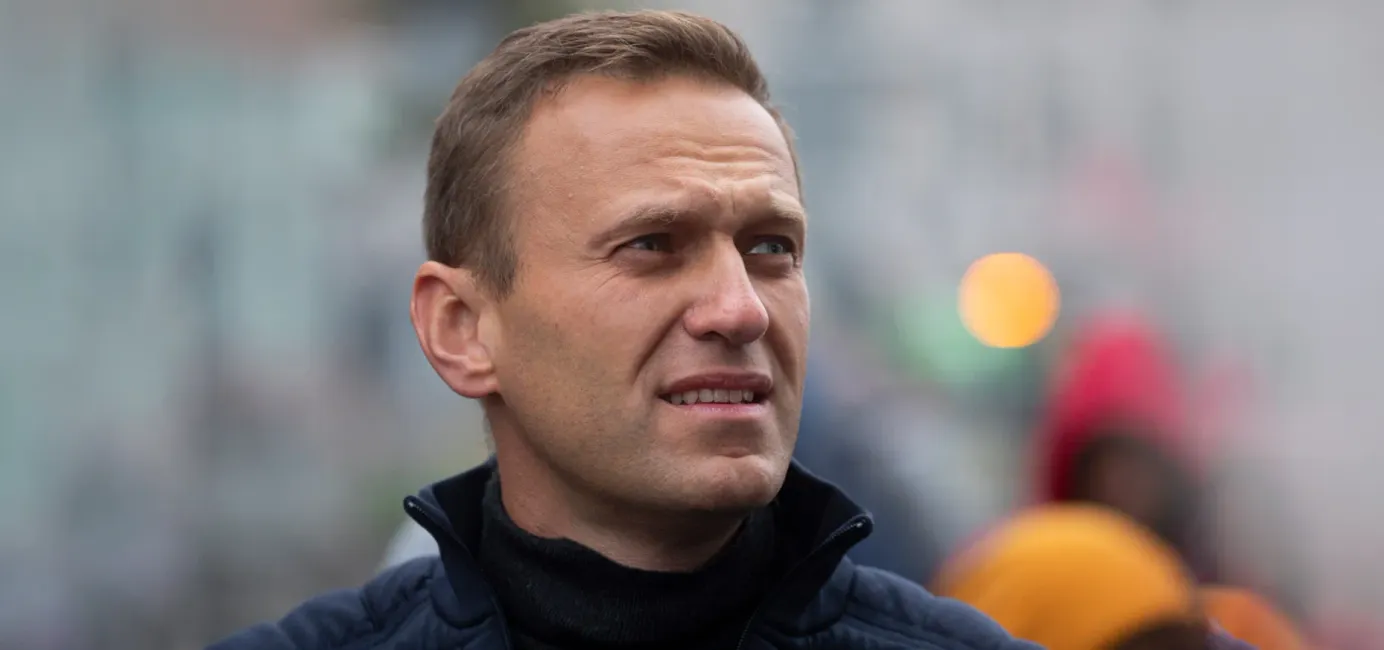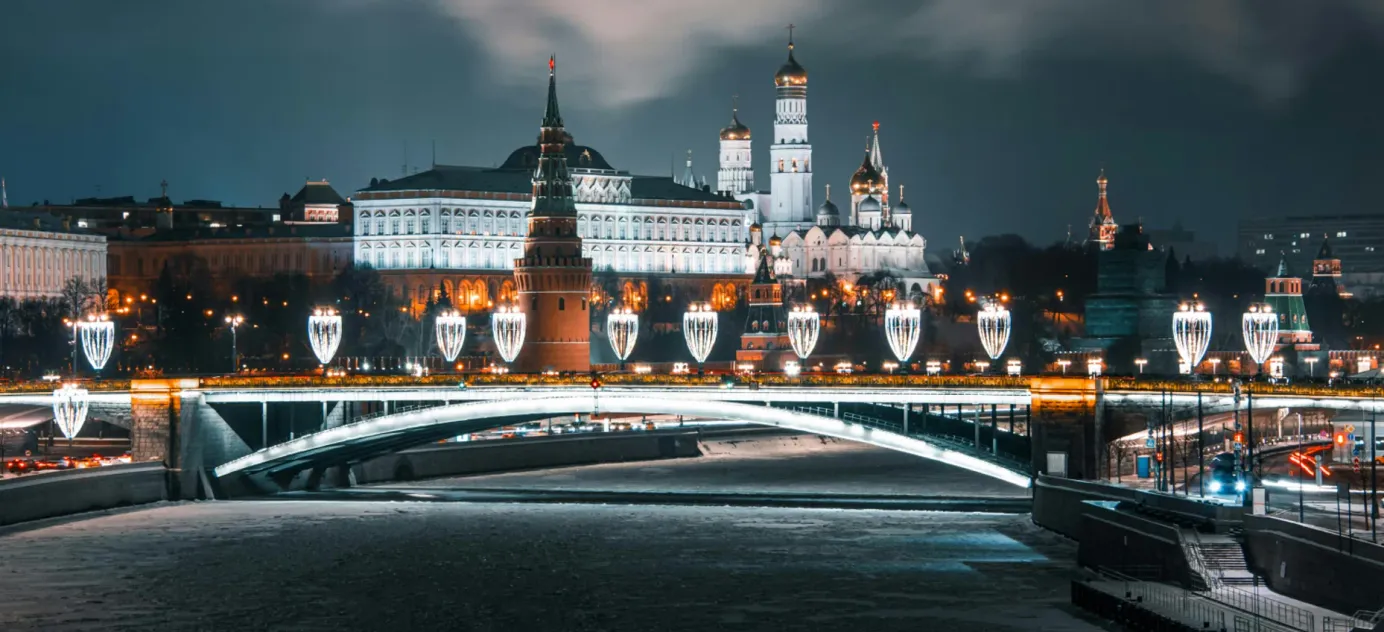
Navalny’s birthday ignites fresh discord within Russia’s fragmented opposition
Anti-war and anti-Putin protesters became further entangled in internal conflicts as they sought to mark Alexei Navalny’s birthday with rallies in his support. Navalny is currently serving an 11-year jail term for fraud and contempt of court, charges which human rights activists claim were politically motivated. However, calls for protests in Russia, where the Kremlin has brutally cracked down on any form of dissent, have further divided Russia’s beleaguered opposition.
- On June 4, rallies in support of Navalny were held in Georgia, Armenia, Turkey, France, Spain, Latvia, Lithuania, Estonia, South Korea, the United States, Thailand and Australia. There were also protests in Russia, where more than 100 people were detained (half of them in Moscow), according to figures from the OVD-Info civil rights organization.
- It is unclear what will happen to those arrested in Russia. The protests were organized by Navalny’s Anti-Corruption Foundation (FBK), which Russian authorities consider an “extremist organization.” FBK’s American subsidiary, the Anti-Corruption Foundation International, is listed as “undesirable” in Russia and those who work with it could face criminal charges. It’s impossible to know how the Russian authorities might react to people attending rallies organized by these groups, lawyers say. In their view, punishment could be given selectively and arbitrarily rather than in accordance with the law. But in either case, detainees face either a criminal case, with a potential five to six-year jail sentence, or an administrative case, which comes with a $185 fine.
- Before the rallies took place, a number of prominent anti-war and anti-Putin activists unaffiliated with FBK urged people living in Russia to not join in the protests. This included businessman and vocal Putin critic Yevgeny Chichvarkin, renowned political analyst Yekaterina Schulmann, human rights activist Lev Ponomarev, and former Yukos director Leonid Nevzlin. Lyubov Sobol, a close colleague of Navalny from FBK, also cautioned against protesting in Russia. FBK members spoke at rallies in Vilnius, Tel Aviv and Berlin.
Why the world should care
Since the start of the war, the Russian authorities have ramped up their crackdown on political dissent. This largely explains why there have been almost no large-scale protests in Russia over the past year. It’s not clear what FBK supporters were hoping to achieve with Sunday’s protest action — there were no organizers or coordinators for pro-Navalny rallies inside Russia, and those who did take part in the protest were left to fend for themselves. Those who were arrested could face criminal charges and jail time, and it would be wrong to assume that FBK’s leadership did not consider these potential risks for its supporters.





